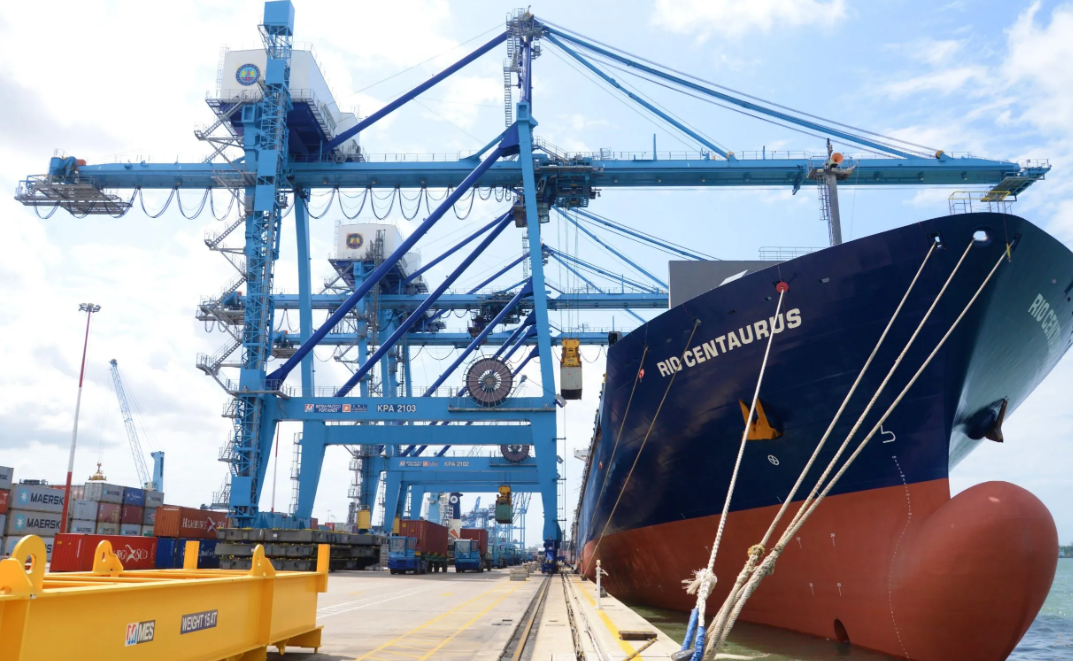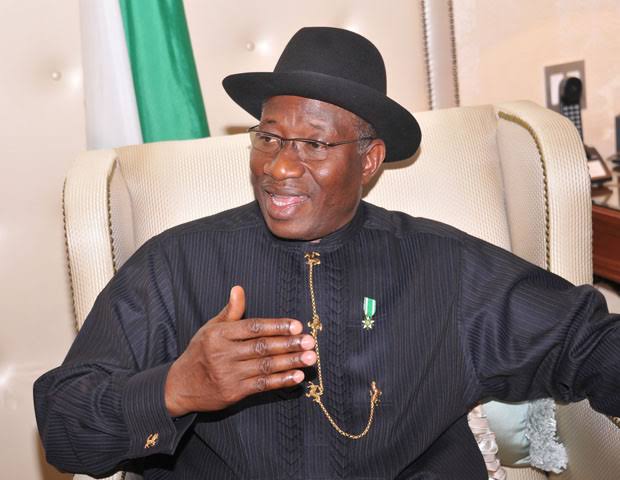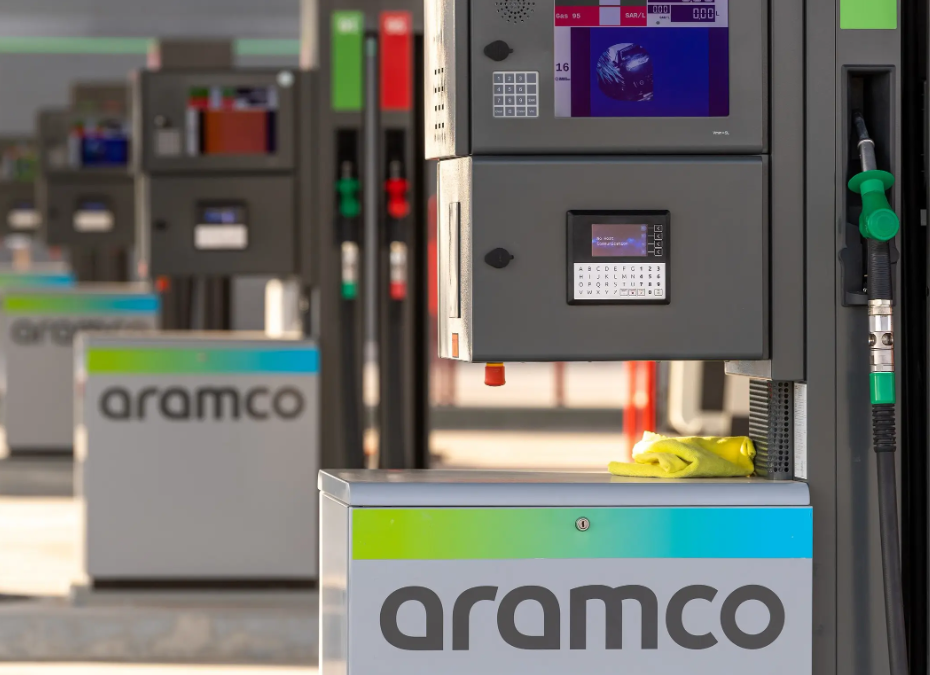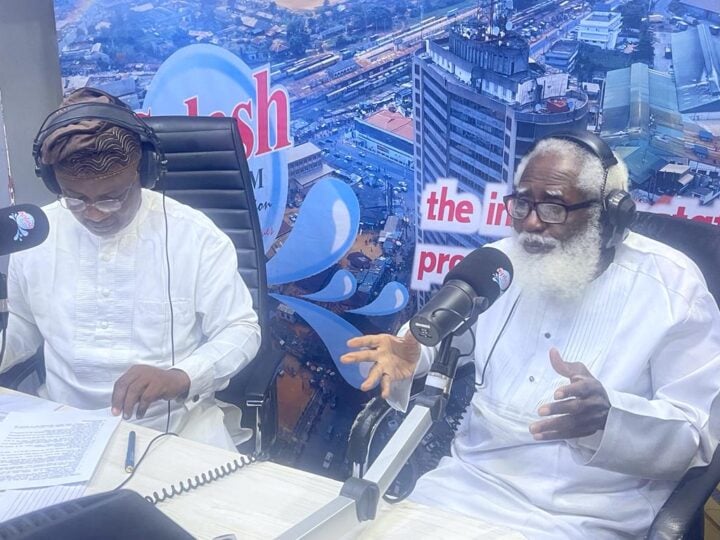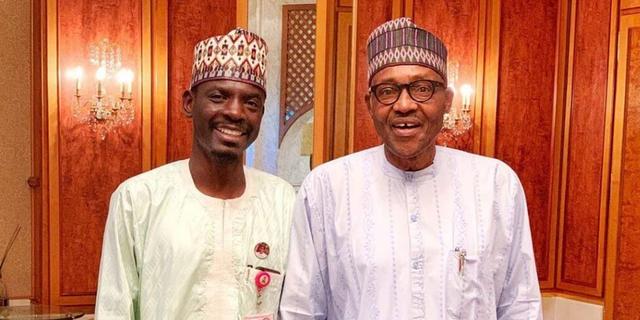Trade is the main engine of development strategies because of the implicit benefits on job creation, expansion of markets, incomes, and facilitation of competition. According to the World Trade Organisation (WTO), the main thrust of trade policy is the enhancement of the competitiveness of domestic industries to stimulate and promote diversified export trade.
Trade policy also seeks to create an environment conducive to increased capital inflows, transfers and adoption of appropriate technologies. But manufacturers, traders, importers, and clearing agents in Nigeria have continued to express worries over the hike in tariffs by the Nigeria Customs Service (NCS), the scarcity of dollars and the lack of basic infrastructure facilities within the nation’s ports.
Unilever Nigeria Plc, a manufacturer and marketing of foods and food ingredients and home and personal care products, had continuously called for the downward review of tariffs charged on the importation of raw materials by the federal government through the Nigerian Customs. The company argued that a conducive environment would bring healthy competition among players in the private sector, which will, in turn, boost the country’s economy.
In 2021, during an investor conference, Adesola Sotande-Peters, director of Finance, Unilever Nigeria Plc, said the company is constrained to source for dollars above the official market rate due to paucity of forex.
Advertisement
Sotande-Peters disclosed that the company bought dollars between N440 and N450 during the first and second quarters of 2021 to import petrochemicals, which is a major raw material for its products.
“The company has also planned to transfer its tea business to a newly incorporated firm in October as part of its global strategy to maximise value for its shareholders. We will realise cash from the transaction.” Sotande-Peters said.
Despite the government’s efforts to boost local production capacity in recent years, experts have listed excessive charges, delays in cargo clearing, multiple alerts, reckless interception of containers after legitimate clearance, poor infrastructures and corruption, among internal issues affecting the price of goods.
Advertisement
‘NEW TARIFF REGIME’
In April, the Nigeria Customs Service (NCS) migrated from the old version of the ECOWAS Common External Tariff (2017- 2021) to the new version (2022- 2026). The development will see importers paying a 20 duty fee and another 15 percent levy for automotive policy.
A statement signed by Timi Bomodi, public relations officer, in the office of the Comptroller-General of Customs, said that the migration was in-line with the World Customs Organisation (WCO) five-year review of the nomenclature, where the contracting parties are expected to adopt the review based on regional considerations and national economic policy.
“The nation has adopted all tariff lines with few adjustments in the extant CET,” the statement had said.
Advertisement
“As allowed for in Annex II of the 2022-2026 CET edition, and in line with the Finance Act and the National Automotive Policy, NCS has retained a duty rate of 20 percent for used vehicles as was transmitted by ECOWAS with a NAC levy of 15 percent.
“New vehicles will also pay a duty of 20 percent with a NAC levy of 15 percent as directed in the Federal Ministry of Finance letter ref. no. HMF BNP/NCS/CET/4/2022 of April 7th, 2022.”
On April 23, the agents had planned to embark on a warning strike over the issue.
In May, clearing agents halted services at the Tincan Island Port amid the controversial NAC levy.
Advertisement
Lucky Amiwero, president, national council of managing director of licensed customs agents (NCMDLCA), said there was confusion about customs’ “shifting” of the 15 percent NAC Levy to common external tariff (CET).
“Though the Federal Ministry of Finance changed the heading to common external tariff (CET), clearing agents still describe the new levy as illegal,” he said.
Advertisement
“It is not backed by law in Nigeria.
“The shifting from NAC levy to CET, both 15 percent by the NCS, contravenes the principle of World Customs Organisation, Kyoto Convention on the Simplification and Harmonisation of Customs Procedure.”
Advertisement
Frank Ogunojemite, president of the Africa Association of Professional Freight Forwarders and Logistics of Nigeria (APFFLON), in an interview, said the introduction of 15 percent National Automotive Council (NAC) levy on imported second-hand vehicles (popularly called Tokunbo) by the Nigeria Customs Service (NCS) remains a challenge.
“APFFLON is demanding a unified tariff on vehicles but not an astronomical rise in duty that will reduce the purchasing power of the citizens and accelerate inflation in the country,” Ogunojemite said.
Advertisement
“We are of the opinion that they engage stakeholders to clarify more on the new price which did not consider essential service vehicles like ambulances, commercial buses and firefighters.”
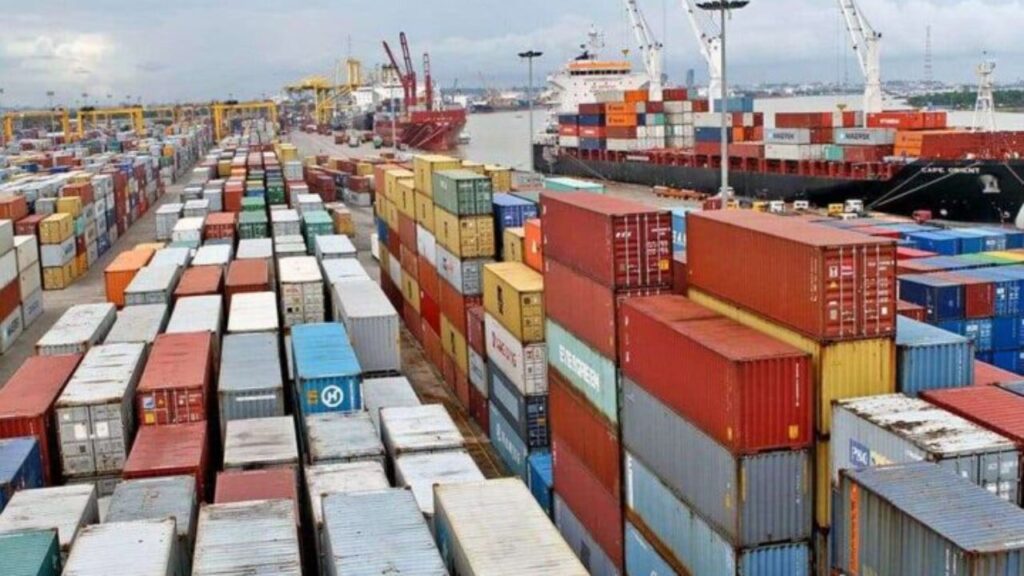
IMPORTERS, MANUFACTURERS LAMENT
Explaining the situation, Joshua Kanu, a clearing agent at the Apapa port, said multiple charges are affecting and discouraging many others from following proper routes in the clearing business.
“We have not been coping at all since this situation started, and it has been tough day-in-day-out,” Kanu said.
“An importer that’s supposed to pay for goods around $10,000 end up paying at the rate of $12,000 because of the depreciation of the naira against the dollar.
“In the port, when the goods arrived at the point of discharge, customs have also increased their tariff, normally 1-by-20 feet container supposed to cost around N1.5 million apart from VAT and other minor charges now costs about N2 million, that has also affected the price of the goods.”
According to Kanu, scarcity of trucks and hike in diesel costs are also frightening issues facing them.
“We still have other expenses like scarcity of trucks on the road due to the hike in diesel. We buy diesel for around N750 to N800 per litre. This means we have to spend more to buy less,” he added.
“All these increases, FX, hike in diesel, custom tariffs are some of the issues that have recently been added to the many others like bad road, corruption etc at the port.”
The Manufacturers Association of Nigeria (MAN) have asked the federal government to reduce duties and levies as an instant stimulus for an immediate price reduction.
“More worrisome is the deafening silence from the public sector as regards the plight of manufacturers,” the group said.
“As a matter of urgency, the government should address the challenge of repeated collapses of the national grid which is causing acute electricity shortage, especially for manufacturers.”
But not only manufacturers are affected by the forex conundrum and excessive charges — small retail businesses are also facing the challenges.
SMALL BUSINESSES SUFFER THE RESULTANT EFFECT
Kunle Wole, 37, a baker in the Ajah axis of Lagos, said import duty and charges at the point of entry for imported goods also affect production costs, which are frustrating the baking business.
Wole said the development had made some customers reject bread in large quantities as consumers prefer other cheap food items.
“I won’t lie, it has been tough for me as a baker, and it wasn’t like this before,” he said dejectedly.
“I used to have people come into my bakery morning, afternoon and night just to get the bread they can resell to their customers. Sometimes, some of them even book in advance for their slot and portion, which increased our daily production.”
“I even sometimes settle fights between customers over who came first and deservedly should be attended to first due to a large number of customers that troop in daily. That’s to tell you how it was for us, but now, a lot has changed. Some of them act like they don’t know that the economy is bad.”
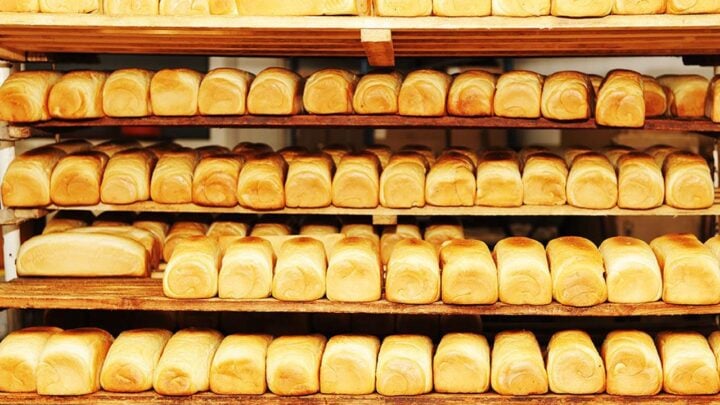
Like Wole, Bakers, under the aegis of the Premium Breadmakers Association of Nigeria (PBAN), had frowned over the impact of exchange rate volatility and the cost of imported items on their business operations.
Emmanuel Onuorah, president, Premium Breadmakers Association of Nigeria (PBAN), told TheCable that things are worse to the extent of the price of nylon used in packaging bread.
“Things are not getting better. We are still where we are, and diesel price is still hovering between N700 and N850,” Onuorah said.
“Even the price of the nylon we put the bread in has just increased by about 20 percent. It’s not looking any better. Light is still comatose. We don’t know what is happening with the DisCos. Whether system collapse or inadequate generation, there is no public light.”
Dominion Kelechi, a trader who sells foodstuff in the Oshodi market of Lagos, told TheCable that the hike in prices of food items has been affecting them as it has reduced customers’ purchasing power.
“The issue is that the amount of goods N200,000 will usually buy in the market is reduced, nowadays, if I carry N200,000 to the market I will be lucky if I am able to buy a reasonable amount of goods,” he said.
“This is affecting the price we place on our goods, and it also reduced our customers.”
Add a comment

